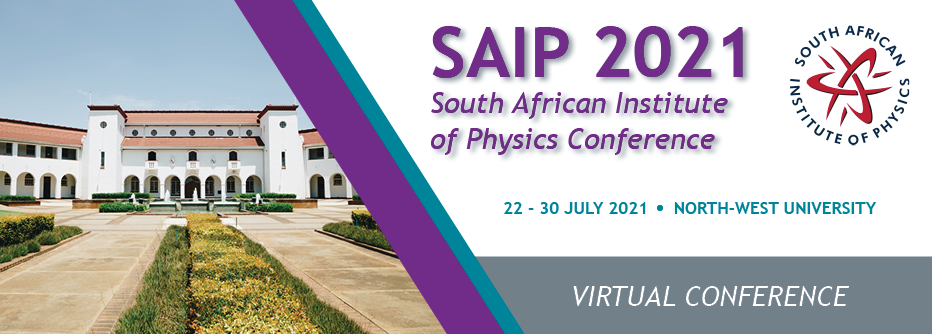Speaker
Description
Microprocessors and controllers are used everywhere: in microwave ovens, televisions, computers, cell phones, motor cars, traffic lights, satellites, etc. Therefore, Physics students need to gain basic knowledge about it, at least of how it works and can be used. The introductory physics laboratory is an appropriate environment and the Arduino a suitable tool to learn about it.
An Arduino contains a microcontroller and components that aid inputs and outputs of data. Digital and analog pins may be interfaced to breadboards with circuits and electronic components as well as sensors and actuators. Open-source software (mostly programmed in C++) is available for numerous applications.
Using the Arduino combines knowledge about electronics, control and programming. In the physics laboratory, it allows for student experimentation (e.g. Ohm’s law and Hooke’s law) with low cost instruments (e.g. for measuring temperature, pH, pressure, etc). Real world controlled systems can be planned, constructed and tested (e.g. alarm systems, cranes and robots). Additional educational advantages are the learning of scientific problem solving, critical thinking and collaboration.
Apply to be considered for a student ; award (Yes / No)?
No
Level for award;(Hons, MSc, PhD, N/A)?
N/A

